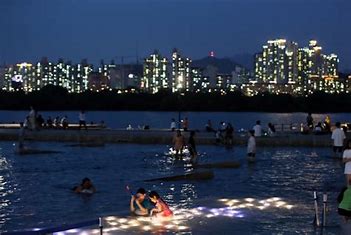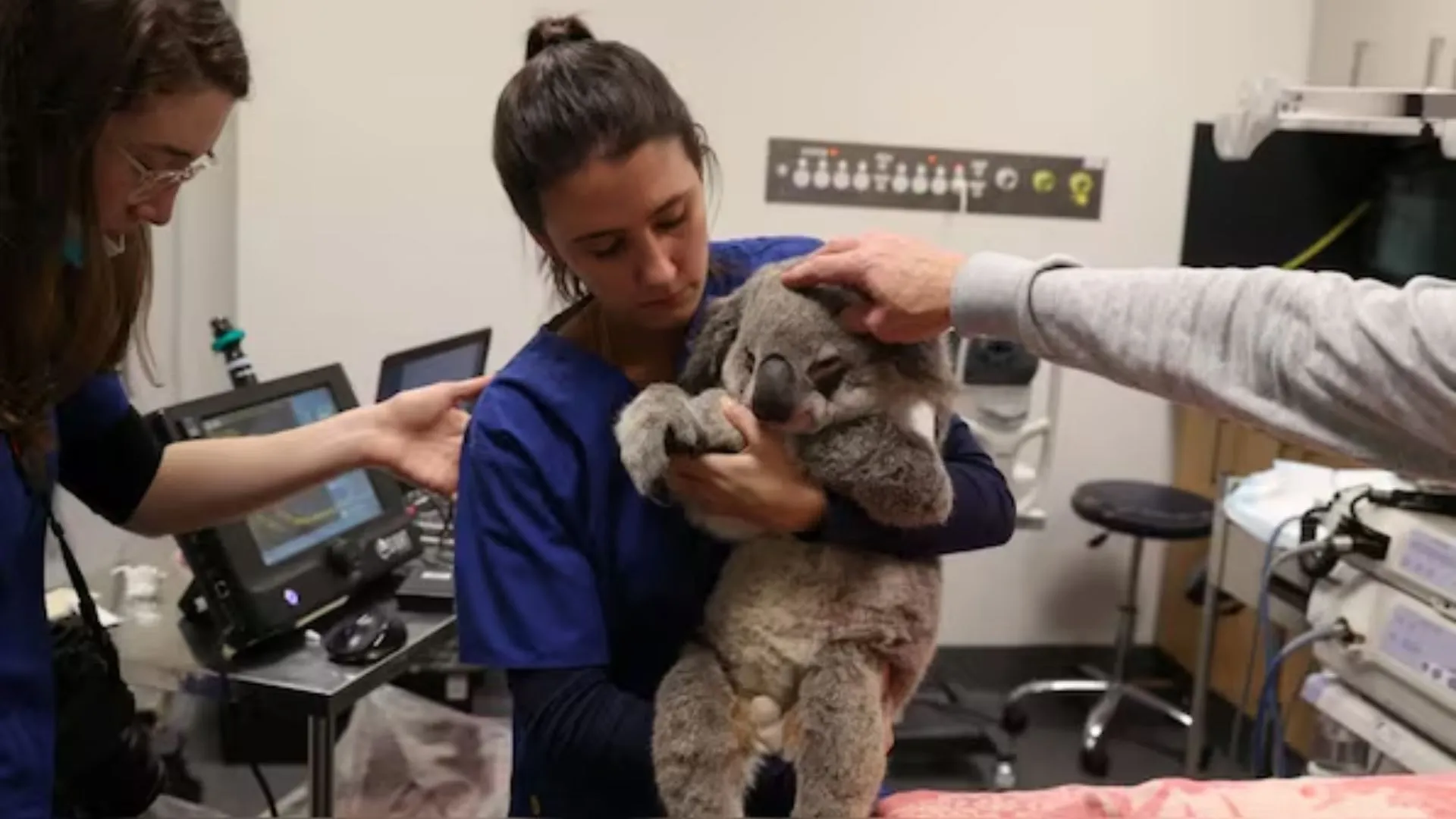Seoul has recently set a new record, experiencing 26 consecutive tropical nights where temperatures remained above 25 degrees Celsius. This streak surpasses a 118-year-old record and highlights a concerning trend in climate patterns.
Understanding Tropical Nights
Tropical nights occur when nighttime temperatures stay above 25°C (77°F). These conditions prevent the body from cooling down, disrupting sleep and overall recovery. Youn Ki-han, director at Seoul’s Meteorology Forecast Division, explained, “Cold air is not coming down from the north, and warmer conditions from the southwest keep temperatures high.”
Health Impacts of Prolonged Heat
Dr. Siva Karthik Reddy, a general medicine expert, notes that tropical nights disrupt the body’s natural cooling mechanisms. During sleep, the body’s core temperature usually drops, aiding in recovery. However, constant high temperatures hinder this process, causing several health issues:
- Impaired Recovery: High nighttime temperatures prevent the body from cooling down effectively, impacting recovery and overall well-being.
- Heat Stress: Increased humidity and high temperatures make sweating less effective, leading to heat stress.
- Disrupted Sleep Patterns: Persistent heat can make it hard to fall asleep and stay asleep, leading to sleep deprivation, which affects cognitive function and mood.
- Cardiovascular Strain: The heart works harder to cool the body, which can elevate heart rate and blood pressure, increasing the risk of cardiovascular problems.
Long-Term Health Consequences
Extended exposure to tropical nights can have broader health implications:
- Chronic Stress: Continuous high temperatures can exacerbate anxiety and depression.
- Cardiovascular Risks: Increased heart rate and blood pressure can heighten the risk of heart disease and stroke.
- Cognitive Impairment: Lack of sleep and heat stress can affect memory, concentration, and decision-making, leading to decreased productivity and higher accident risks.
Vulnerable Populations
The elderly, young children, and those with pre-existing health conditions are particularly susceptible to the adverse effects of tropical nights. Special care and adjustments are needed to protect these groups.
Climate Change and Tropical Nights
Dr. Reddy highlights that the rise in tropical nights is linked to broader climate change trends. Increased global temperatures and urban heat islands contribute to more frequent and intense heatwaves. Addressing climate change is crucial to mitigating these effects.
Tips for Managing Tropical Nights
To cope with tropical nights and their health impacts, consider the following adjustments:
- Optimize Your Sleep Environment: Keep your bedroom cool with fans or air conditioning, and use breathable bedding materials.
- Stay Hydrated: Drink plenty of fluids and consider electrolyte-rich beverages to maintain mineral balance.
- Wear Light Clothing: Opt for loose, lightweight clothing and breathable bedding.
- Cool Down Before Bed: A cool shower can help lower your body temperature and promote better sleep.
- Limit Alcohol and Caffeine: These can disrupt sleep and contribute to dehydration.
Conclusion
Seoul’s record-breaking streak of tropical nights underscores the urgent need to adapt to increasingly extreme weather conditions. By understanding the health impacts and making necessary lifestyle adjustments, residents can better manage the effects of prolonged heat. Addressing the root causes of climate change remains essential for long-term solutions.























